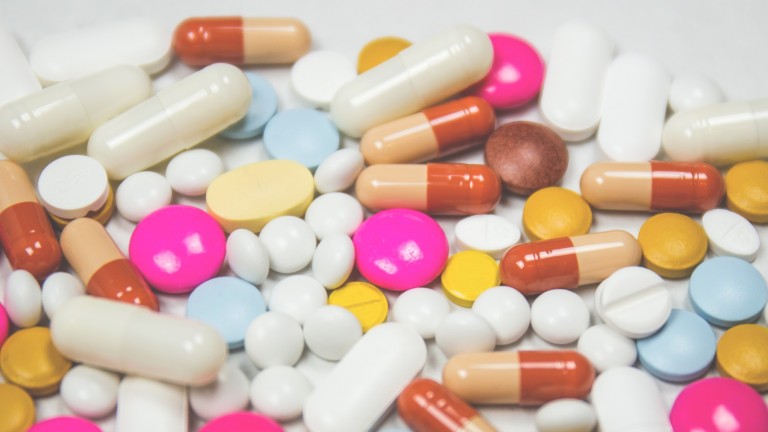A team at the University of Glasgow reported in Science Thursday that they have made a series of 3-D printable reaction vessels, or “reactionware,” that can be used to turn simple compounds into medicines.
Why use 3-D printing? “This approach will allow the on-demand production of chemicals and drugs that are in short supply, hard to make at big facilities, and allow customization to tailor them to the application,” says Leroy Cronin, one of the paper's authors.
The benefit: Printable tools could encourage drug makers to create medicines for rare diseases that would be too costly to manufacture using conventional methods.
The risk: The reactionware might also be used for ill deeds, like synthesizing illegal drugs. But as with 3-D printed guns, it's likely still more trouble than it's worth.

